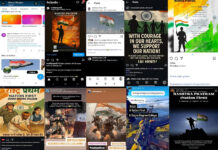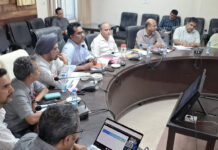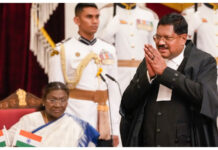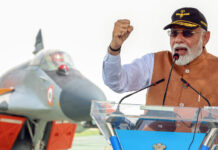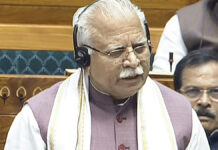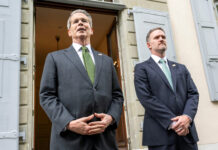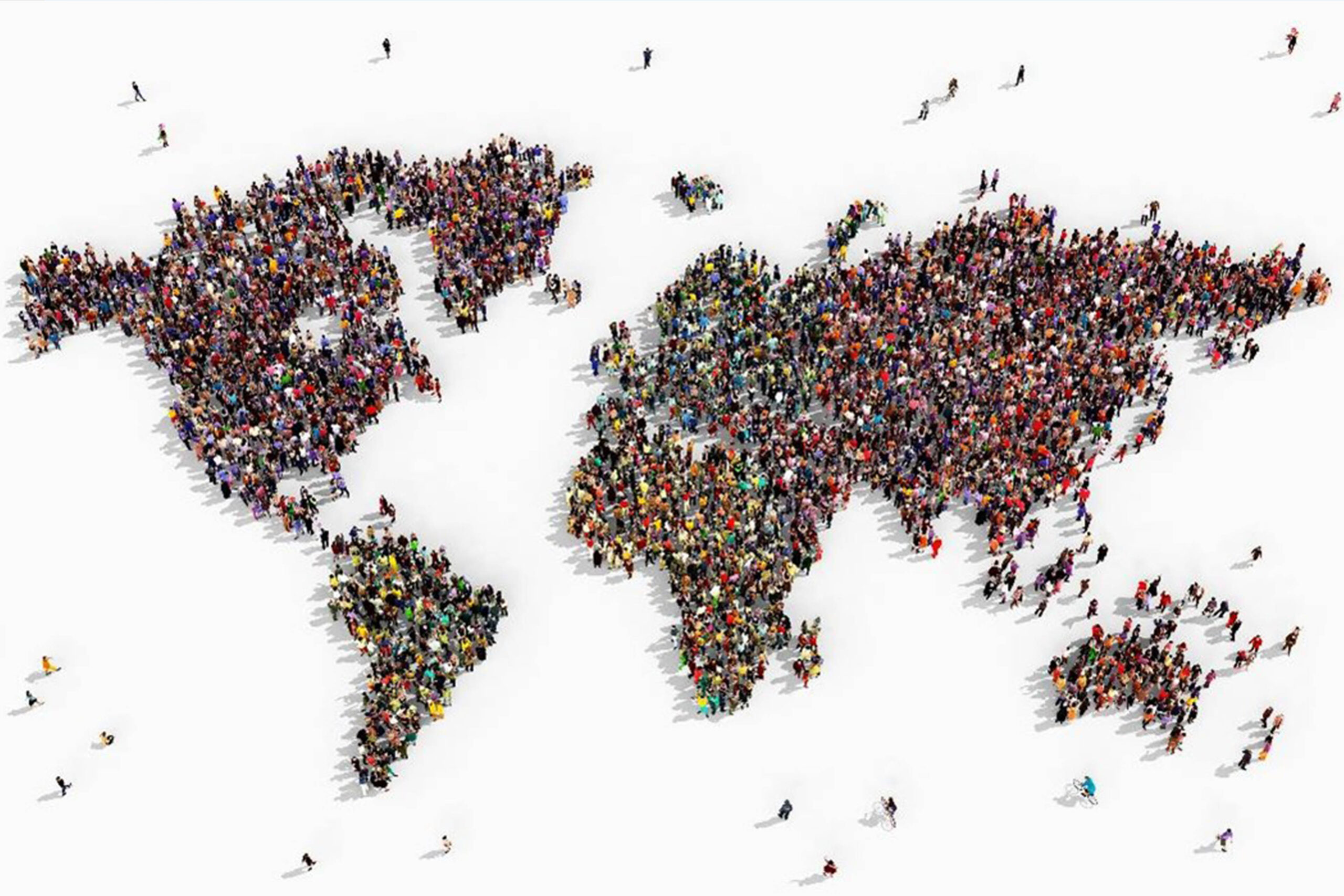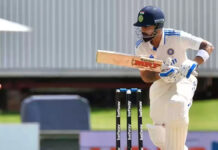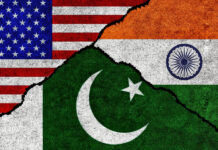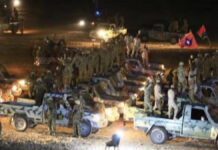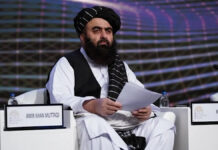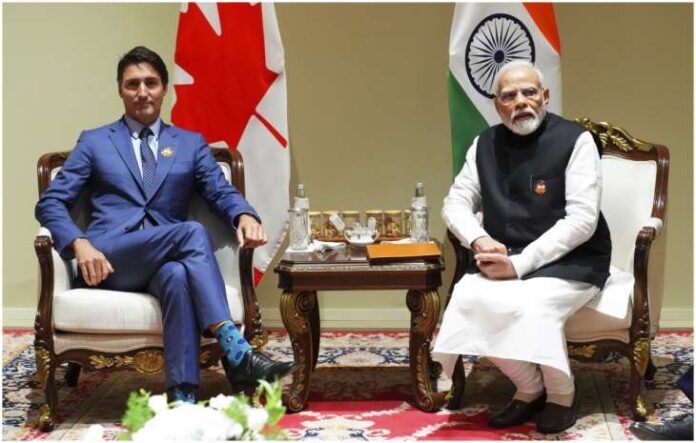Relations between the two countries have deteriorated quickly after Trudeau’s explosive allegations of “credible evidence” of Indian “agents” being potentially responsible for Nijjar’s killing in June.
Amid a major diplomatic standoff with New Delhi over the killing of Khalistani terrorist Hardeep Singh Nijjar, Canadian Prime Minister Justin Trudeau on Thursday said that his country is “still committed” in building closer ties with India, according to a report by a Canadian daily.
Addressing a press conference, Trudeau emphasised the growing importance of India on the world stage by saying that it is extremely important for Canada and its allies to continue engaging “constructively and seriously” with New Delhi.
“India is a growing economic power and important geopolitical player. And as we presented with our Indo-Pacific strategy, just last year, we’re very serious about building closer ties with India,” he said. He followed up this statement by asserting that India needs to work with Canada to get the “full facts” of the Khalistani terrorist’s murder.
Trudeau further said that he received an assurance from the US that Secretary of State Antony Blinken would raise the matter in a bilateral meeting with External Affairs Minister Dr S Jaishankar. However, Blinken and Jaishankar remained tight-lipped on discussing the allegations raised by Trudeau last week.
“The Americans have been with us in speaking to the Indian government about how important it is that they be involved in following up on the credible allegations that agents of the Indian government killed a Canadian citizen on Canadian soil,” said the Canadian PM.
India-Canada relations now
Tensions between India and Canada reached a boiling point after Trudeau alleged India’s role in the fatal shooting of Khalistani terrorist Hardeep S Nijjar, the chief of Khalistan Tiger Force (KTF). Nijar, a designated terrorist in India, was shot dead by unidentified gunmen in Surrey, British Columbia on June 18.
India angrily rejected the Canadian PM’s allegations as “absurd” and “motivated” and expelled a senior Canadian diplomat in a tit-for-tat move to a similar move by Ottawa. India also temporarily suspended visa services for Canadian nationals in view of “security threats” and called for a reduction of Canadian diplomats in New Delhi.
India also advised all its nationals in Canada and those contemplating travelling there to exercise “utmost caution” in view of growing anti-India activities and “politically-condoned” hate crimes. The diplomatic standoff between both countries has laid uncertainties over trade relations, as India and Canada recorded a burgeoning bilateral trade for the past few years.
Jaishankar in UNGA on Canada
In his speech at the United Nations General Assembly (UNGA), Jaishankar launched a veiled attack on Canada by saying that political convenience could not determine a response to terrorism. “Respect for territorial integrity and non-interference in internal affairs cannot be exercised in cherry-picking,” he added.
After him, UN Ambassador of Canada, Bob Rae, on Tuesday, reiterated the stance of Canadian Prime Minister Justin Trudeau, and said that “democracies are under threat due to foreign interference” and cannot bend the rules of state-to-state relations for political expediency”.
Earlier last week, Trudeau clarified that he was not trying to provoke New Delhi but rather wanted his Indian counterpart to address the issue properly.

